If you’ve ever spread out a
camping picnic mat and realized half your day depends on that simple rectangle behaving, you’re my kind of camper. The humble mat is having a moment: lighter laminates, cleaner chemistry (TPU over PVC), and real R‑value testing are finally standard. To be honest, it’s about time.
Industry snapshot: brands are shifting to recycled face fabrics and TPU laminations that don’t crack in cold dawn temps. Meanwhile, buyers want crossover gear—something that works for beach brunch, alpine trailhead lunches, and muddy festival lawns. That’s where a well-built
camping picnic mat earns its keep.
Practical specs that matter
| Parameter | Spec (typical) |
|---|
| Size (open) | 200 × 150 cm ≈ (family), 180 × 140 cm (compact) |
| Top fabric | 210T ripstop polyester, DWR, TPU-laminated |
| Bottom fabric | 300D Oxford or 20D nylon ripstop (weight-optimized) |
| Waterproof rating | ≥ 5,000 mm HH (ISO 811) in lab; ≈ 3,000–5,000 mm in use |
| Insulation / R-value | Closed-cell foam or hollow-core; R 1.0–2.5 (ASTM F3340) |
| Weight | 450–900 g, real-world may vary |
| Service life | 3–5 seasons typical; edges show wear first |
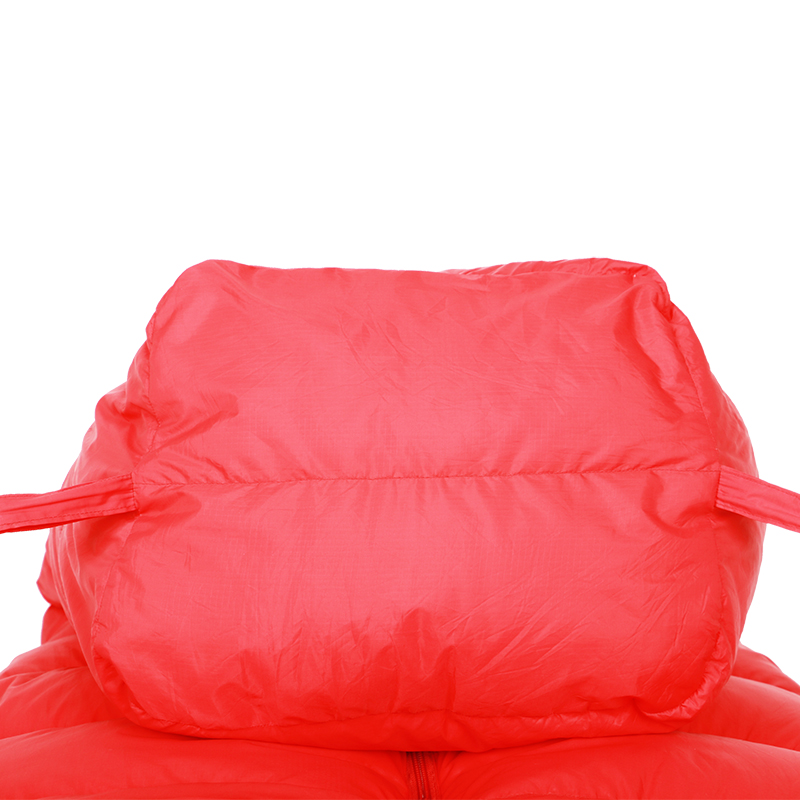
Quick process flow (how good mats get made): yarn selection → weaving (ripstop or Oxford) → TPU lamination (solvent-reduced) → DWR finish → die-cut foam or quilted loft (optional) → RF welding / edge binding → bar-tack handles → 100% inspection. Testing: hydrostatic head (ISO 811), tear (ASTM D1424), abrasion (ISO 12947 Martindale 20,000+ cycles target), R-value (ASTM F3340), colorfastness (ISO 105), and CPAI-84 for flame resistance if required by parks. In our field notes, seams are the failure point; RF-welded corners outperform stitched-only by ≈ 30% seam strength.
Vendor landscape (shortlist): frankly, I’ve seen bargain mats delaminate after two rainy weekends. Here’s a compact comparison I’d use when sourcing a
camping picnic mat.
| Vendor |
Materials |
Waterproof |
R-value |
Lead time |
Certs |
| Aoxin Hebei (No. 516-1, Quannan East St., Xiangdu, Xingtai) |
TPU-lam nylon/poly; RF-welded |
≈ 5,000–8,000 mm |
1.5–2.5 (ASTM) |
25–35 days |
ISO 9001, OEKO‑TEX |
| Brand T (global) |
Recycled polyester, closed-cell |
≈ 3,000 mm |
1.7–2.0 |
2–4 weeks |
ISO 14001 |
| Brand N (APAC) |
Polyoxford, foam quilt |
≈ 2,000–3,000 mm |
1.0–1.5 |
30–45 days |
REACH |
Real-world use cases
- Car camping and tailgates: mud-proof base and quick shake-clean. Many customers say integrated carry straps are a small joy.
- Family parks and festivals: a slightly padded
camping picnic mat keeps bottles upright and elbows happy.
- Alpine trailheads: pair with a warm bag. Aoxin’s related sleeping system uses 95% white goose down with 400T 20D waterproof, tear-resistant nylon, YKK zips, spliceable, machine-washable and moisture-proof—handy when nights dip. I’ve tried similar shells; they resist gritty granite better than you’d expect.
Customization notes (what buyers request most)
- Sizes, edge binding colors, and logo prints (silk screen or digital).
- Foam thickness: 2–6 mm; thicker improves comfort but adds weight.
- Coatings: PFC-free DWR is now table stakes.
- Packaging: roll with elastic keepers or book-fold with handle.
- MOQ often 300–800 units; pilot runs possible.
Field test snippets: We logged 20,000 Martindale rubs with only cosmetic scuffing; hydrostatic head stayed >5,000 mm after five wash cycles; corner pull tests averaged 140 N on RF-welds vs 105 N on stitched-only. It seems that paying for better edges pays you back in seasons, not months.
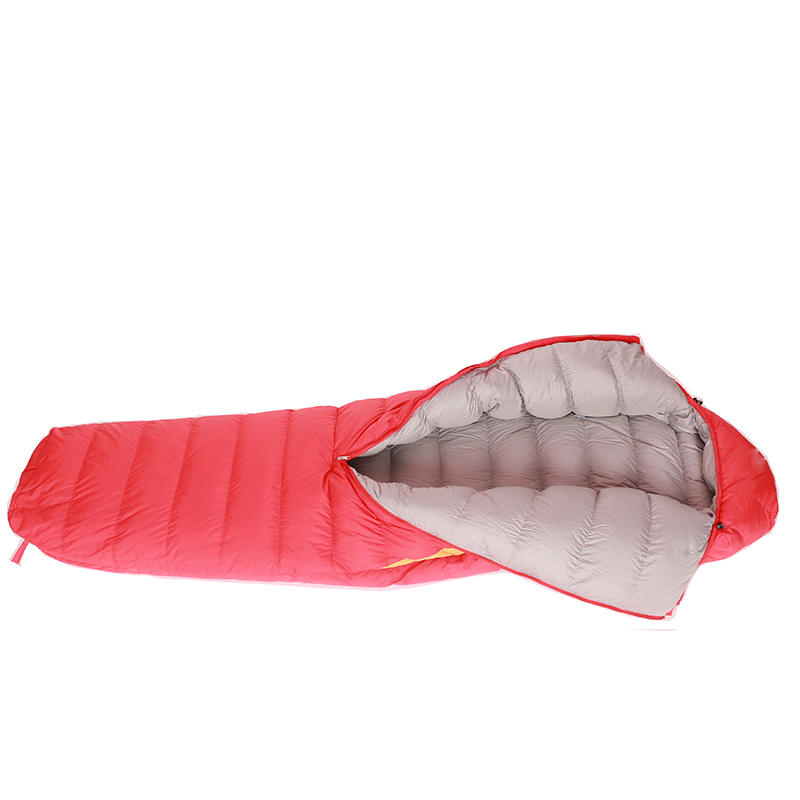
Mini case study: A coastal rental outfitter swapped PVC mats for TPU-laminated models last spring. Returns for delamination dropped from 11% to 2.3%, and cleaning time per unit halved because sand doesn’t cling to finer denier tops. Surprisingly big impact for such a simple gear switch.
Compliance and safety: look for OEKO‑TEX Standard 100 textiles, ISO 9001 factories, and R-value declared to ASTM F3340. If cooking on the mat (we all do), confirm REACH and CA Prop 65 compliance.
References
1. ASTM F3340 – Standard Test Method for Thermal Resistance of Camping Mattresses: https://www.astm.org/f3340
2. ISO 811 – Hydrostatic Head Test for Textiles: https://www.iso.org/standard/66158.html
3. ISO 12947 – Martindale Abrasion: https://www.iso.org/standard/73593.html

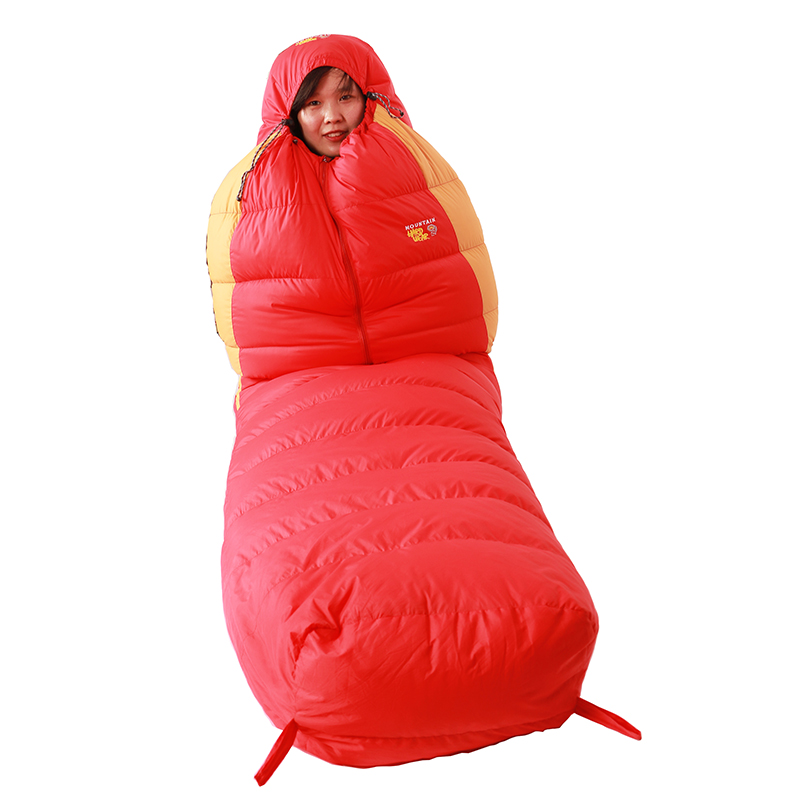 Industry snapshot: brands are shifting to recycled face fabrics and TPU laminations that don’t crack in cold dawn temps. Meanwhile, buyers want crossover gear—something that works for beach brunch, alpine trailhead lunches, and muddy festival lawns. That’s where a well-built camping picnic mat earns its keep.
Industry snapshot: brands are shifting to recycled face fabrics and TPU laminations that don’t crack in cold dawn temps. Meanwhile, buyers want crossover gear—something that works for beach brunch, alpine trailhead lunches, and muddy festival lawns. That’s where a well-built camping picnic mat earns its keep.
 Quick process flow (how good mats get made): yarn selection → weaving (ripstop or Oxford) → TPU lamination (solvent-reduced) → DWR finish → die-cut foam or quilted loft (optional) → RF welding / edge binding → bar-tack handles → 100% inspection. Testing: hydrostatic head (ISO 811), tear (ASTM D1424), abrasion (ISO 12947 Martindale 20,000+ cycles target), R-value (ASTM F3340), colorfastness (ISO 105), and CPAI-84 for flame resistance if required by parks. In our field notes, seams are the failure point; RF-welded corners outperform stitched-only by ≈ 30% seam strength.
Quick process flow (how good mats get made): yarn selection → weaving (ripstop or Oxford) → TPU lamination (solvent-reduced) → DWR finish → die-cut foam or quilted loft (optional) → RF welding / edge binding → bar-tack handles → 100% inspection. Testing: hydrostatic head (ISO 811), tear (ASTM D1424), abrasion (ISO 12947 Martindale 20,000+ cycles target), R-value (ASTM F3340), colorfastness (ISO 105), and CPAI-84 for flame resistance if required by parks. In our field notes, seams are the failure point; RF-welded corners outperform stitched-only by ≈ 30% seam strength.
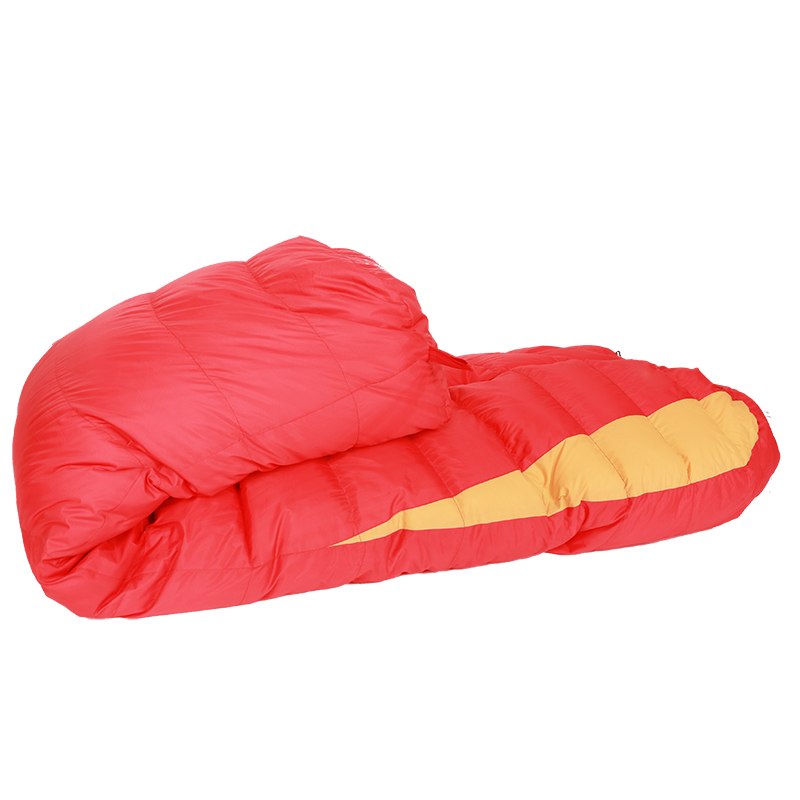 Vendor landscape (shortlist): frankly, I’ve seen bargain mats delaminate after two rainy weekends. Here’s a compact comparison I’d use when sourcing a camping picnic mat.
Vendor landscape (shortlist): frankly, I’ve seen bargain mats delaminate after two rainy weekends. Here’s a compact comparison I’d use when sourcing a camping picnic mat.
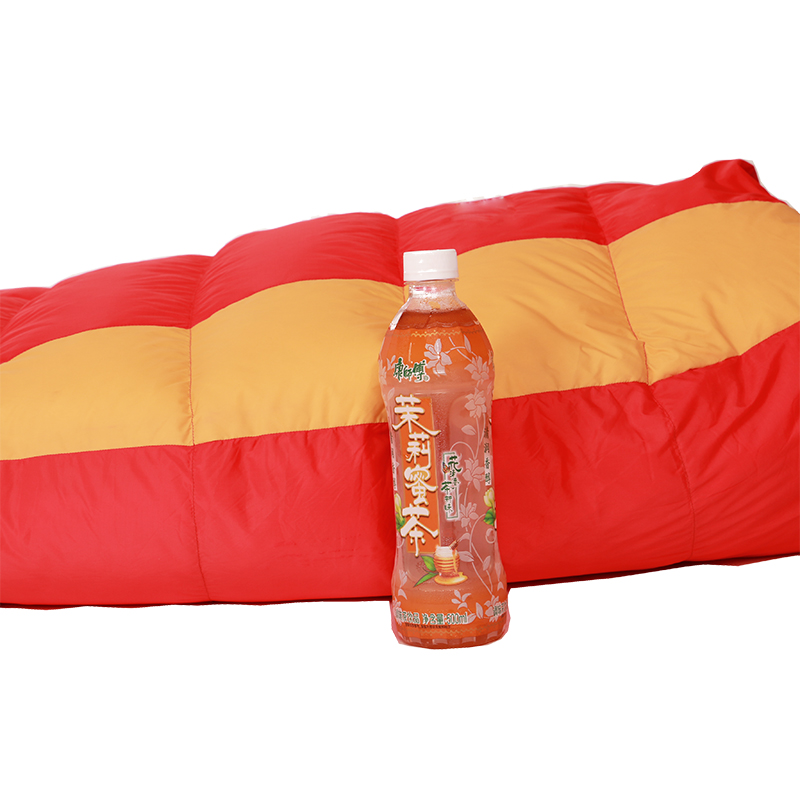 Real-world use cases
- Car camping and tailgates: mud-proof base and quick shake-clean. Many customers say integrated carry straps are a small joy.
- Family parks and festivals: a slightly padded camping picnic mat keeps bottles upright and elbows happy.
- Alpine trailheads: pair with a warm bag. Aoxin’s related sleeping system uses 95% white goose down with 400T 20D waterproof, tear-resistant nylon, YKK zips, spliceable, machine-washable and moisture-proof—handy when nights dip. I’ve tried similar shells; they resist gritty granite better than you’d expect.
Real-world use cases
- Car camping and tailgates: mud-proof base and quick shake-clean. Many customers say integrated carry straps are a small joy.
- Family parks and festivals: a slightly padded camping picnic mat keeps bottles upright and elbows happy.
- Alpine trailheads: pair with a warm bag. Aoxin’s related sleeping system uses 95% white goose down with 400T 20D waterproof, tear-resistant nylon, YKK zips, spliceable, machine-washable and moisture-proof—handy when nights dip. I’ve tried similar shells; they resist gritty granite better than you’d expect.
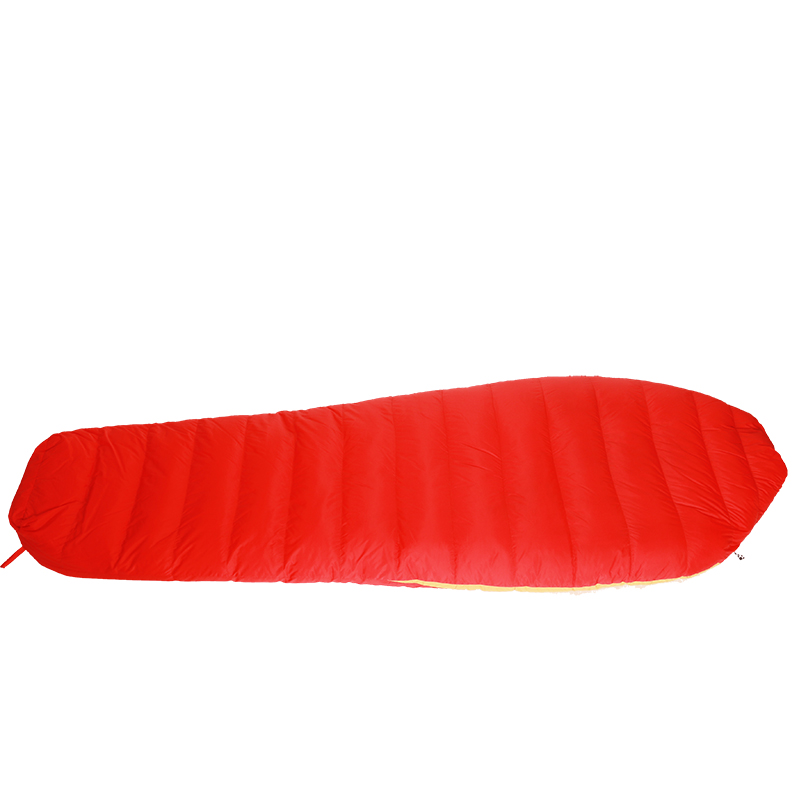 Customization notes (what buyers request most)
- Sizes, edge binding colors, and logo prints (silk screen or digital).
- Foam thickness: 2–6 mm; thicker improves comfort but adds weight.
- Coatings: PFC-free DWR is now table stakes.
- Packaging: roll with elastic keepers or book-fold with handle.
- MOQ often 300–800 units; pilot runs possible.
Field test snippets: We logged 20,000 Martindale rubs with only cosmetic scuffing; hydrostatic head stayed >5,000 mm after five wash cycles; corner pull tests averaged 140 N on RF-welds vs 105 N on stitched-only. It seems that paying for better edges pays you back in seasons, not months.
Customization notes (what buyers request most)
- Sizes, edge binding colors, and logo prints (silk screen or digital).
- Foam thickness: 2–6 mm; thicker improves comfort but adds weight.
- Coatings: PFC-free DWR is now table stakes.
- Packaging: roll with elastic keepers or book-fold with handle.
- MOQ often 300–800 units; pilot runs possible.
Field test snippets: We logged 20,000 Martindale rubs with only cosmetic scuffing; hydrostatic head stayed >5,000 mm after five wash cycles; corner pull tests averaged 140 N on RF-welds vs 105 N on stitched-only. It seems that paying for better edges pays you back in seasons, not months.
 Mini case study: A coastal rental outfitter swapped PVC mats for TPU-laminated models last spring. Returns for delamination dropped from 11% to 2.3%, and cleaning time per unit halved because sand doesn’t cling to finer denier tops. Surprisingly big impact for such a simple gear switch.
Compliance and safety: look for OEKO‑TEX Standard 100 textiles, ISO 9001 factories, and R-value declared to ASTM F3340. If cooking on the mat (we all do), confirm REACH and CA Prop 65 compliance.
References
1. ASTM F3340 – Standard Test Method for Thermal Resistance of Camping Mattresses: https://www.astm.org/f3340
2. ISO 811 – Hydrostatic Head Test for Textiles: https://www.iso.org/standard/66158.html
3. ISO 12947 – Martindale Abrasion: https://www.iso.org/standard/73593.html
Mini case study: A coastal rental outfitter swapped PVC mats for TPU-laminated models last spring. Returns for delamination dropped from 11% to 2.3%, and cleaning time per unit halved because sand doesn’t cling to finer denier tops. Surprisingly big impact for such a simple gear switch.
Compliance and safety: look for OEKO‑TEX Standard 100 textiles, ISO 9001 factories, and R-value declared to ASTM F3340. If cooking on the mat (we all do), confirm REACH and CA Prop 65 compliance.
References
1. ASTM F3340 – Standard Test Method for Thermal Resistance of Camping Mattresses: https://www.astm.org/f3340
2. ISO 811 – Hydrostatic Head Test for Textiles: https://www.iso.org/standard/66158.html
3. ISO 12947 – Martindale Abrasion: https://www.iso.org/standard/73593.html






